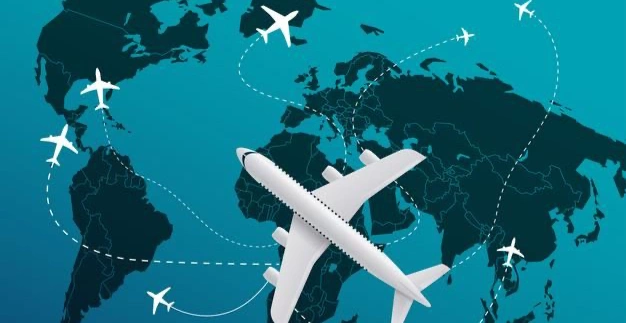“Why Isn’t My Internet Working?” — Unexpected Tech Failures While Traveling
Internet on vacation feels like a given. You buy an eSIM in advance, book your stay, plan your route, and feel in control. But once you land — suddenly, your eSIM won’t connect, WhatsApp won’t make calls, maps won’t load, and taxi apps don’t work.
Everything that felt reliable back home becomes unavailable. And a quiet panic sets in:Why is nothing working — and what can I do now?
One of the biggest reasons: different digital infrastructure and restrictions in each country. For example:
— In the UAE and Qatar, VoIP calls are blocked. Even with mobile data, you won’t be able to make WhatsApp, Telegram, or FaceTime calls.— In China, most Google services are blocked — Maps, Gmail, Translate — all require a VPN to function.— In countries like India, Egypt, or parts of Latin America, mobile coverage is inconsistent — especially if you're using an international eSIM. It might work in cities, but just a bit outside the center and you’re stuck with “internet available” but nothing loads.
Even when the connection exists, you’ll often face limited functionality. You might be able to text, but can’t share your hotspot with your laptop because your eSIM doesn’t allow tethering. Or you may have internet but can’t pay — your card isn’t accepted, and Apple Pay doesn’t work locally.
Don’t forget about frustrating Wi-Fi setups: cafés offer it only with a code on your receipt, hotel signals are weak in rooms, airport access requires a local phone number — which, of course, you don’t have.
If you’re working remotely or just want to stay in touch with loved ones, these kinds of failures aren’t just annoying — they’re stressful and disorienting. Especially during the first days of your trip, when everything already feels unfamiliar.

💡 How to avoid digital disconnection:
• Always check if VoIP calls (like WhatsApp or FaceTime) are allowed in your destination.• Install a VPN before you leave — it’s essential for countries like UAE, China, and Iran.• Buy eSIMs only from reputable providers that support hotspot and stable speeds.• Download offline maps, bookings, and key documents ahead of time.• Bring some cash, even if you prefer paying by phone.• Research what local apps work for taxi, maps, food, and payments.• In countries with unstable networks, consider buying a local SIM card once you arrive.

Connectivity while traveling isn’t just about access to the internet. It’s your link to safety, direction, and the people who matter. The more prepared you are, the calmer and more confident your trip will feel.
Your internet may freeze — but you don’t have to.Preparation = peace of mind.
Close